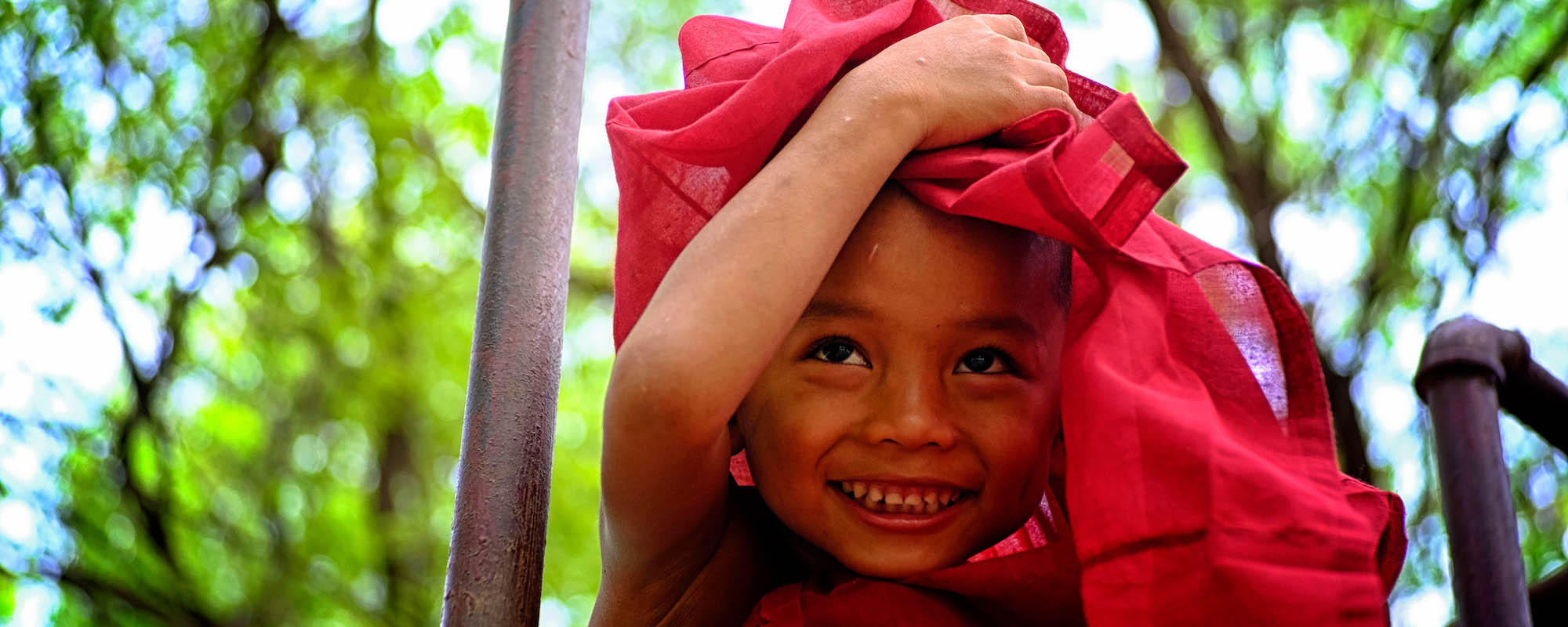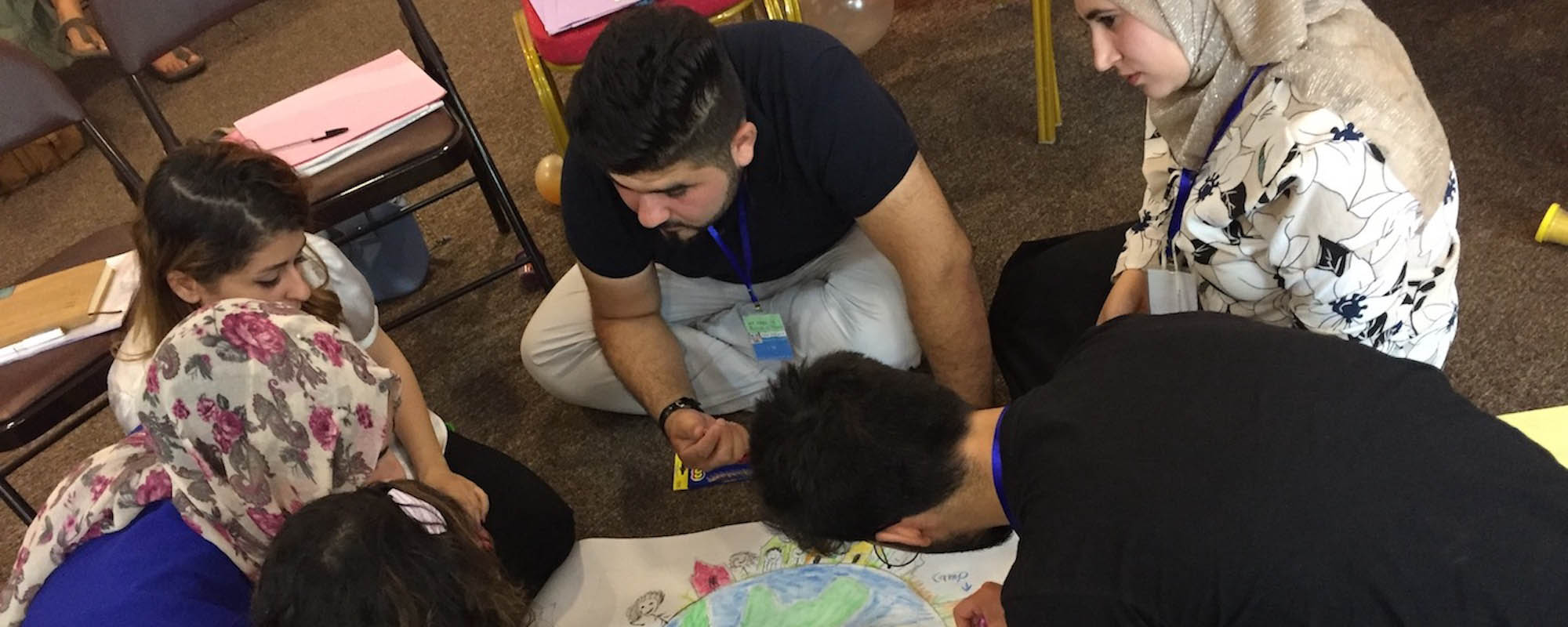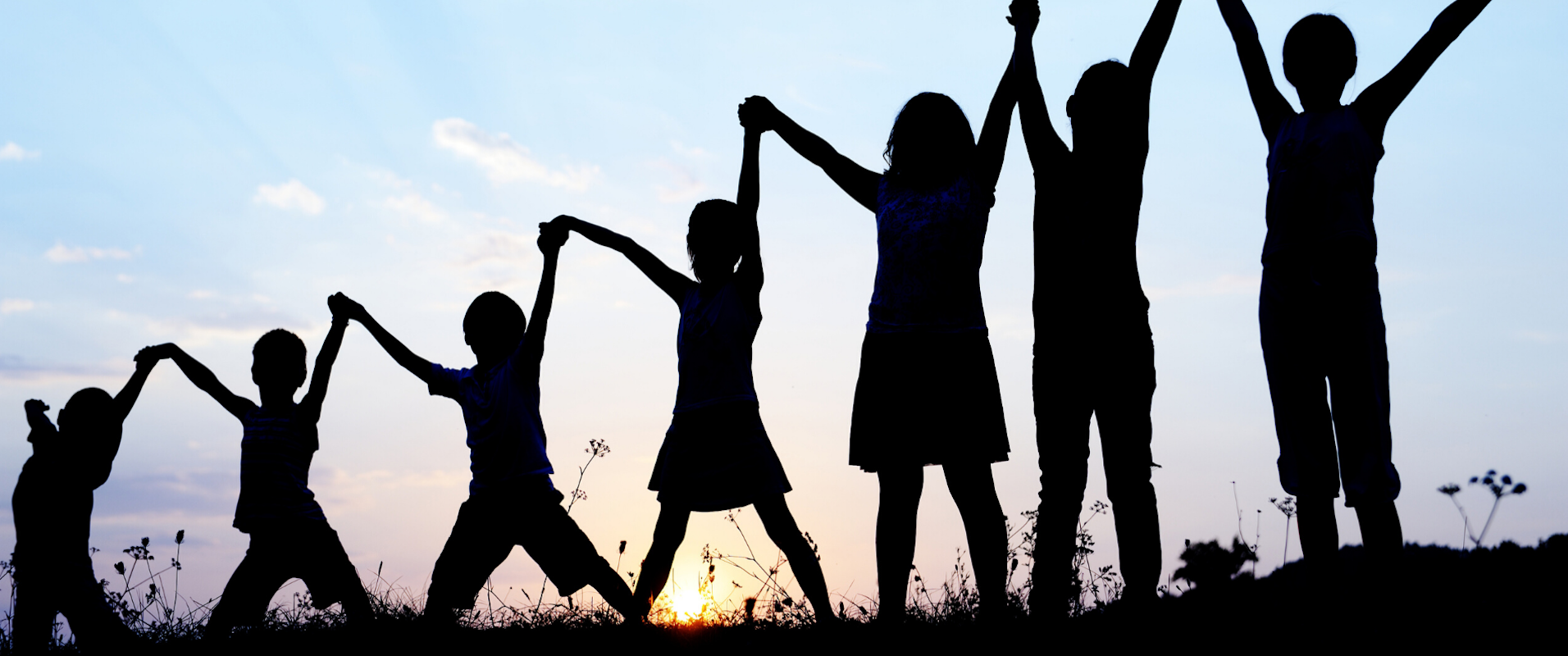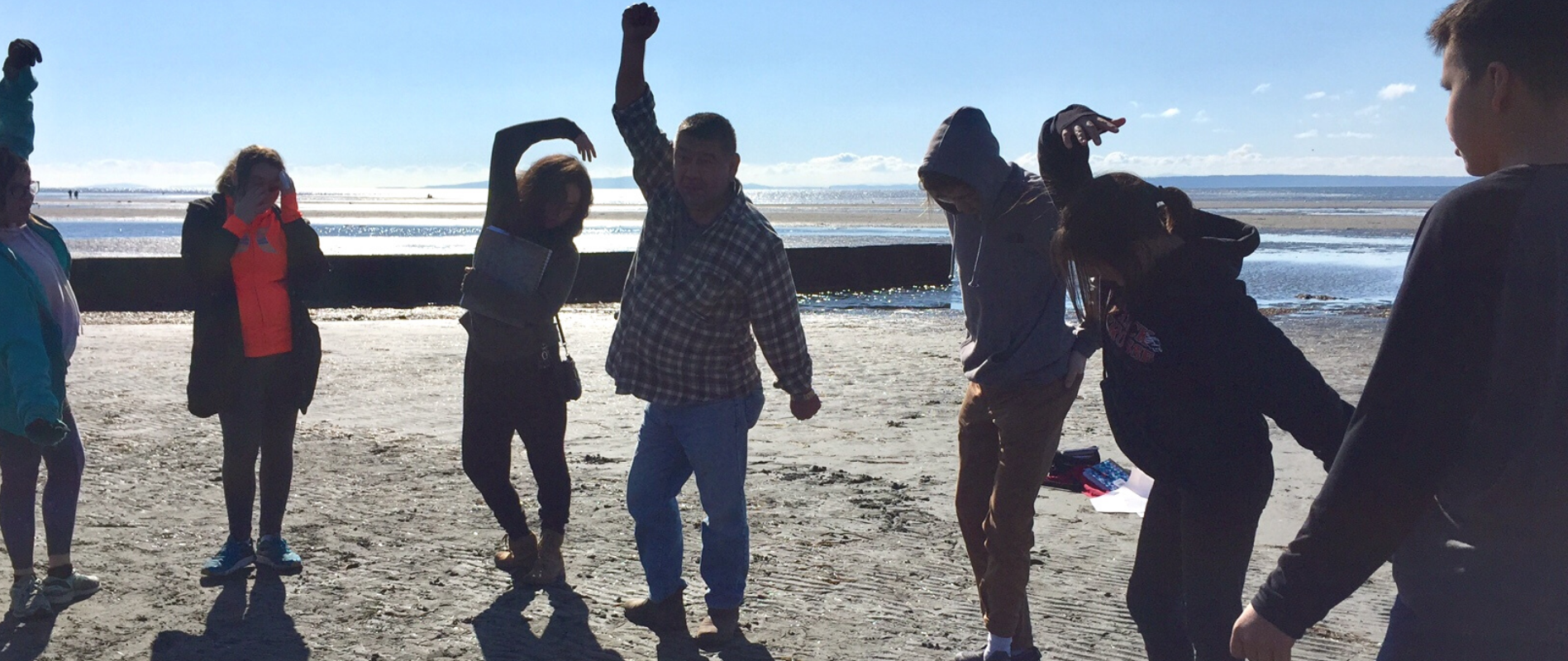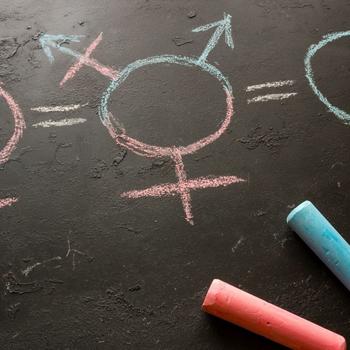
While schools are meant to be safe havens for children to support their learning and offer protective spaces, we know they can also be sites of violence. Despite this, little research exists that asks children to articulate their experiences of violence in schools, and fewer have explored the impact of social and gender norms on levels and experiences of that violence.
Teaming up with Child Protection Hub for South East Europe, IICRD is exploring children’s perspectives on effective practices and how programming and policy can be shifted to address their concerns and their efforts to self-protect.
The goal of this research is to measure the social and gender norms impacting school-related gender-based violence, and the potential role of children in challenging these social norms.
IICRD's participatory research team (Laura Wright, Vanessa Currie, Kathleen Manion, Laura Lee) uses play-based methodologies to engage approximately 30 young people aged 13-18 years old (plus 15 adults) in each country, including Albania, Bosnia-Herzegovina, Bulgaria, Croatia, Kosovo, Moldova, Romania, and Serbia.
The regional research reports explore:
1. What are the incidence and types of violence that children face in and around school in Southern and Eastern Europe and who is most impacted by it?
2. What are the social and gender norms of school children, community members, and school professionals related to violence against children and gender-based violence against children?
3. What are the informal and formal mechanisms, child-led actions, community resources, values, and services that protect children from violence and promote children’s well-being?
4. To what degree do children feel able to prevent or respond to violence, and what ideas do they have for preventing and responding to violence?
“Kids start to play those violent video games when they are 6, and they see blood and play to kill, it has to affect them in some way…” - Youth participant, Croatia
“It’s hardest when no one wants to hang out with you, when you’re isolated and everyone looks at you like you’re from another planet. And you are ashamed to complain to anyone and ask them to understand your situation… somebody could die from this isolation.” (Boy, 15) - Serbia

